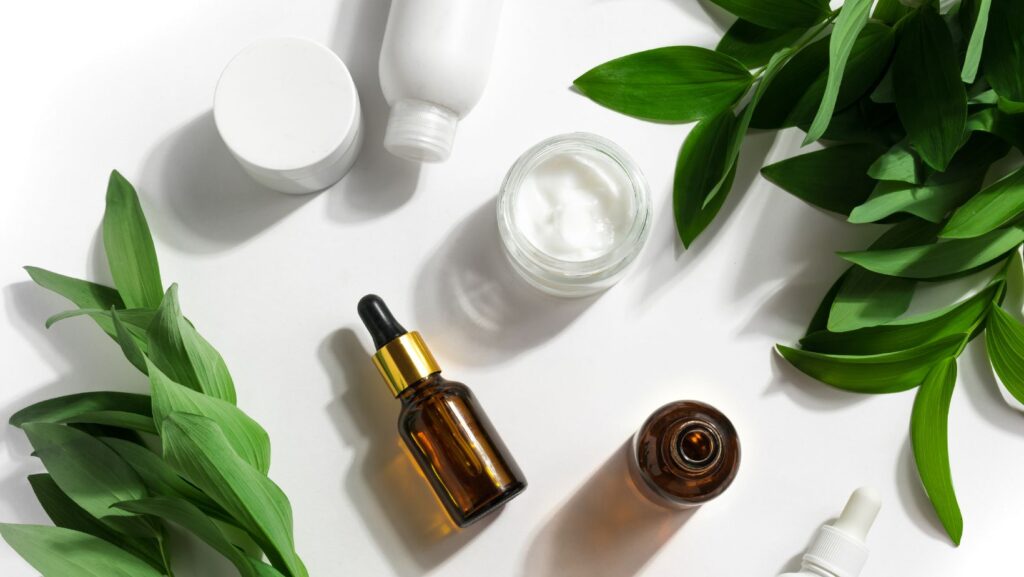In recent years the landscape of beauty products has been fast-evolving; largely driven by “skinfluencers” on platforms like TikTok and Instagram. It’s natural for young people to copy their idols. However, instead of drawing inspiration from friends or a favourite pop star, young people are now looking to social media influencers for guidance. TikTok in particular, opens them to more mature trends, fashion, and in many cases, skincare. The growing exposure to advanced skincare routines and anti-ageing products has raised significant concerns about harmful ingredients and their effects on younger skin. Is it contagious? How serious can it get? And what steps can you take to prevent it? This guide will delve into these questions, providing clear, straightforward answers to help you keep your child safe and informed over the counter treatment for shingles.
A quick search reveals that kids as young as 8 are wreaking havoc in Sephora, leaving Drunk Elephant testers in disarray, employees furious, and older women ready to start an intergenerational war. It wouldn’t be so bad if the tweens were purchasing products aimed at their demographic, but so often, vitamin A-rich products like retinoids and anti-ageing creams can harm their delicate skin.
What is Causing the Shift?
Social Media and Skinfluencers
Platforms like TikTok, Instagram, and YouTube are leading perpetrators. The apps allow anyone to influence, regardless of experience or credibility, leading to a prevalent outbreak of misleading information. Moreover, paid ads blend seamlessly into the user’s feed, even with the mandatory “Paid Partnership Tag”. The subtle tagging makes it easy for users to mistake the paid, sponsored posts for genuine advice and reviews.
The influence of Gen Alpha and Marketing Tactics
It’s worth considering that these ads are designed to sell to well-informed adults, so it’s no surprise that more impressionable, young people are so heavily influenced. Skincare suppliers and manufacturers are also unlikely to change their marketing tactics. Whether this younger demographic was the target age range for the anti-ageing remedies or not, their influence is undeniable. In 2023 alone, according to AYTM, Gen Alpha spent 4.7 billion on skincare products!

Additionally, brands like Drunk Elephant and Sol de Janeiro have come under fire for marketing their anti-ageing products to younger people. When you look at the packaging it’s easy to see the appeal, especially with the vibrant colours and youthful typography. Some of these brands even use micro-influencers to target younger demographics. These influencers might only have around 100,000 followers on the platform, but they have a huge sway with their following!
It’s important to note that the risk to young people is not just in the health of their skin, but also in the dangerous modern narrative that ageing is a bad thing that should be avoided at all costs.
Why are Skincare Ingredients Harmful to Younger Skin?
Anti-ageing products simply are not designed for young skin. These products contain harsh chemicals and often vitamin A designed to increase cell turnover in mature skin types. For younger skin, and more sensitive skin barriers these ingredients can cause:
· Irritation and dryness
· Breakouts and Clogged Pores
· Long-term Skin Sensitivity
The Solution
As harsh a truth as it is, it doesn’t seem like TikTok, Instagram or YouTube are going anywhere anytime soon, and neither are the unattainable beauty standards and colourful packaging. However, chemical distributors and skincare brands are working hard to create alternative solutions for the needs of younger, more delicate skin.
For example, Lawrence Industries, a top distributor of speciality chemicals for skin care, has introduced GlowEdge, a gentle but powerful skincare concept, aimed to target excess oil, and breakouts in young skin, without risking harm! The ingredients used by Lawrence Industries avoid overloading the skin with unnecessary or aggressive treatments and prioritise skin health. GlowEdge was unveiled at SCS Formulate, on a high-impact Quadrant2Design exhibition stand. SCS Formulate specialises in raw materials, ingredients, and formulation services for skin care and personal goods. The hope is that skincare brands will use the skincare concept from Lawrence Industries to create a practical gentle range for young skin!
Other influencers have also attempted to improve the industry. For example, Milly Bobby Brown, renowned Stranger Things actress, launched Florence By Mills, a gentle skincare brand with Gen Z and Gen Alpha in mind. The brand claims only to use “clean” ingredients and uses no phthalates, parabens, sulfates, or synthetic fragrances that can cause damage to the skin barrier.

It’s worth noting, that alongside emerging skincare lines, education and awareness are also increasing around skincare ingredients. Consumers are turning to apps like “Think Dirty” to regain control over their skincare choices. When the user scans a product the app provides a detailed ingredient list and hazard rating. This is allowing and encouraging consumers to take back agency over the ingredients used on their skin and raise awareness about the harmful ingredients that are so often used.
Many hope that as the big brands in the industry recognise that their new demographic is here to stay, they will push harder for skincare lines that work with young skin, instead of against it.
Summing Up
The rise of social media influencers has significantly shifted how young people approach skincare, often leading them to use products that can damage the skin barrier and cause serious issues in the future.
Brands continue to market anti-ageing products to this impressionable demographic and the potential harm of these products cannot be overlooked. However, the emergence of gentle skincare concepts and solutions highlights a promising shift towards prioritising the health and needs of younger consumers.
Hopefully, the skincare industry can support this new buyer demographic in the future by encouraging skincare brands to take responsibility for their marketing outcomes and by encouraging education on the harms of these products.
